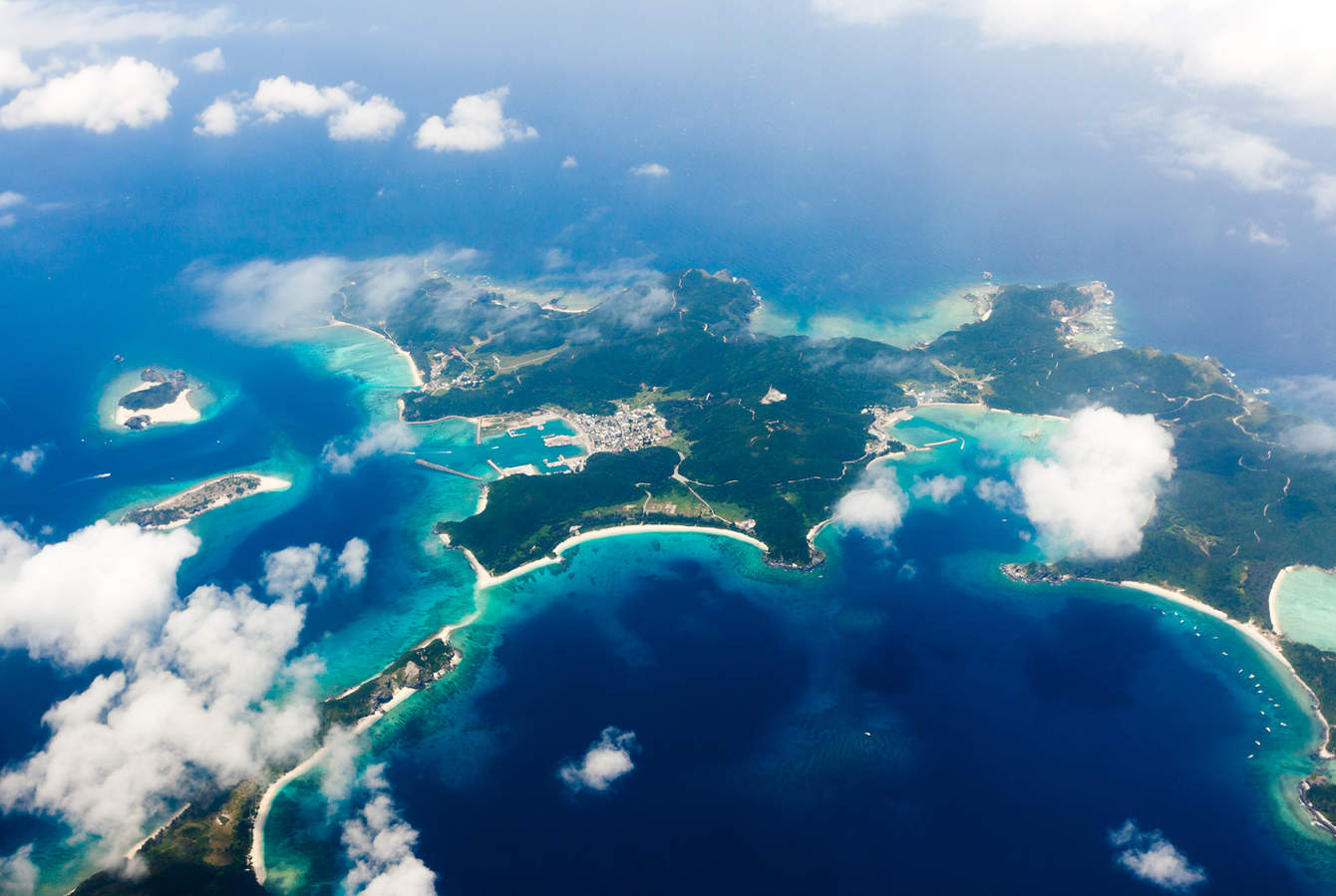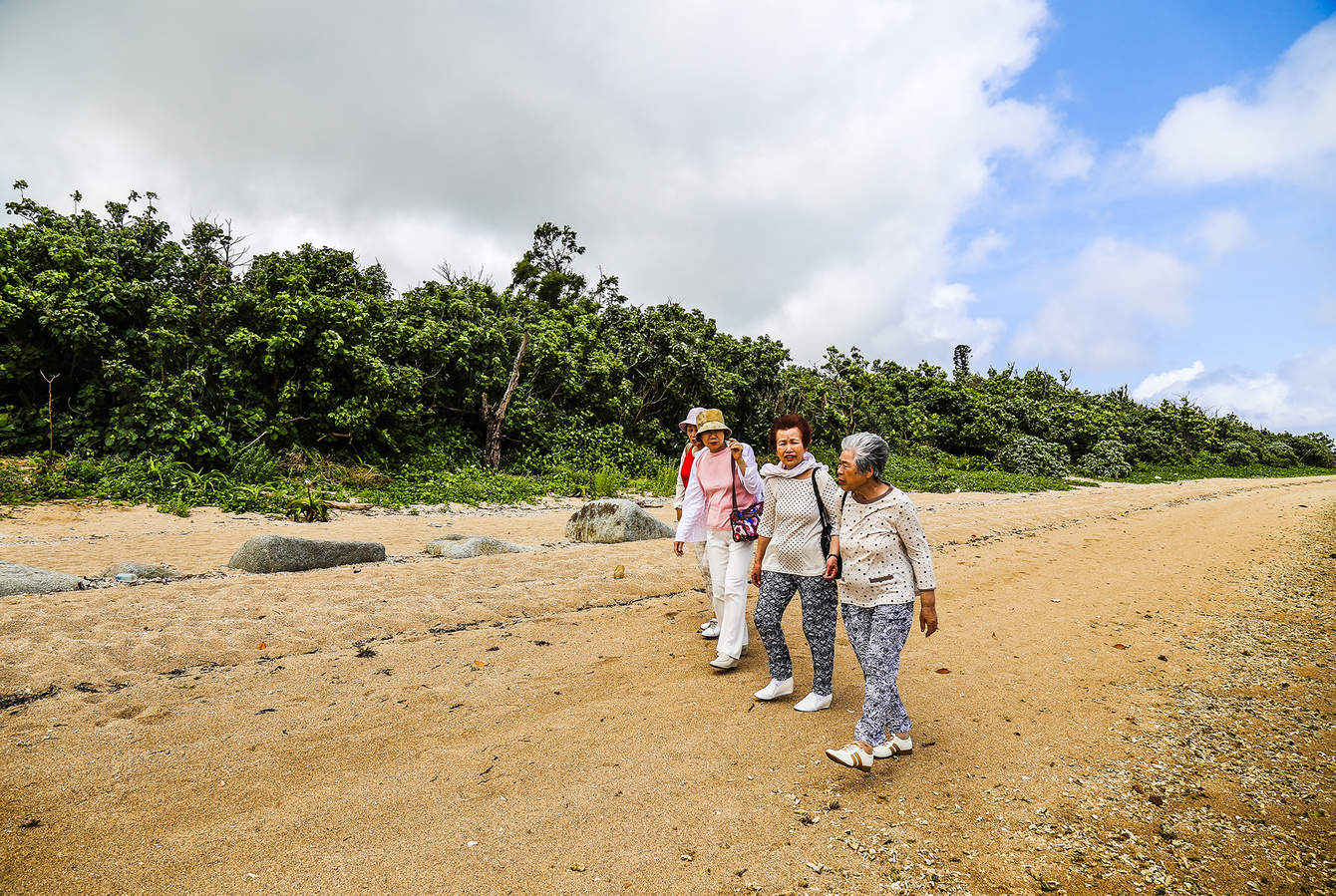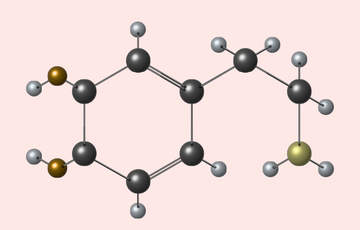![[Translate to Anglais:] iStock](https://www.invivomagazine.ch/fileadmin/_processed_/5/6/csm_Fille_casque_bichro_65500bdac2.jpg)
These regions where people live longer
Publié il y a 1 an
10.01.2025
Partager

The “blue zones” designate areas where people live longer and healthier than the global average. Popularized by the American researcher Dan Buettner, the concept has identified different places around the world, such as Sardinia in Italy, Okinawa in Japan, and Loma Linda in the United States. The name comes from the use of blue ink to circle on a map the villages whose population lived longer during the first study conducted on the subject.
“The blue zones remind us of the crucial factors for a long and healthy life”, explains Patrizia D'Amelio, head of the Department of Geriatrics and Geriatric Rehabilitation at CHUV. In addition to a balanced diet, stress management, and physical activity, strong social ties, a united community, and a life goal are also important. “These are all factors that promote resilience and reduce the risk of chronic disease.”
However, the model is not beyond criticism. “Recently, researcher Saul Newman called the concept nonsense because one single factor or lifestyle cannot explain longevity in these regions.” The British longevity expert highlights the importance of social conditions, each individual's journey, and environmental factors.
Strengthening social ties
Nonetheless, these regions offer interesting avenues for Switzerland, where population aging presents many challenges—starting with the strengthening of social bonds, which helps to preserve mental and physical well-being. “In Switzerland, isolation remains a major concern, especially in urban areas, says Patrizia D'Amelio. It would be essential to develop programs that promote socialization, whether through community activities, support groups, or intergenerational networks.”

Research and clinical observations conducted at CHUV confirm the importance of human connections. “Older people who maintain active social relationships tend to cope better with stress and have a better quality of life, says Patrizia D'Amelio. This is seen in the results of rehabilitation programs, where patients with strong family or social supports recover faster and show better long-term outcomes.” The research conducted under the SILVER project also highlights the crucial importance of social interactions, even in isolated situations.
Physical activity and a healthy diet
The CHUV expert also supports promoting an active lifestyle inspired by practices such as gardening, walking, or other forms of daily exercise and encourages healthy eating based on local and low-processed products. “It is crucial to integrate these habits into public policies in Switzerland by providing suitable infrastructure and targeted health programs to encourage seniors to remain active.”



